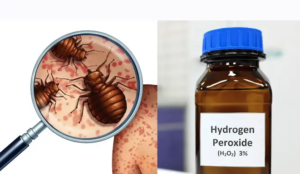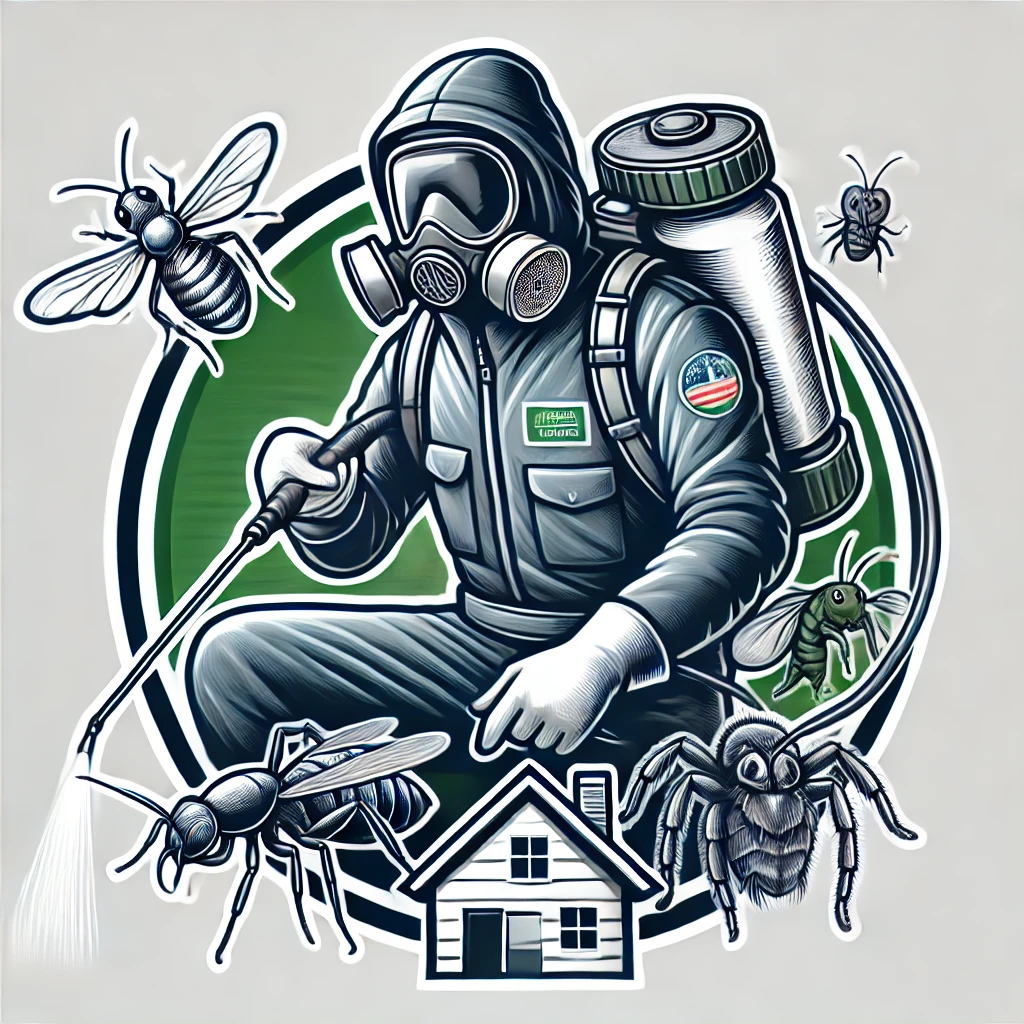
Does Hydrogen Peroxide Kill Bed Bugs? (The Truth You Need to Know!)
Quick Answer – Does Hydrogen Peroxide Work on Bed Bugs?
The short answer is: yes, hydrogen peroxide can kill bed bugs on direct contact, but you have to ask yourself. Is it really the most effective one.
If you are in the this horrible & traumatizing situation and facing a bed bug infestation, you might be desperate to find a fast and effective solution. Many homeowners wonder whether hydrogen peroxide can effectively kill bed bugs.
Hydrogen peroxide works as an oxidizing agent, breaking down proteins and cellular structures. This means that if you spray it directly on a bed bug, it may kill it. However, there are several reasons why peroxide is not a recommended treatment for bed bugs:
- It only works on direct contact – It does not have residual effects, meaning bed bugs that hiding somewhere (like cracks and crevices) and only come out at night will survive.
- It does not kill bed bug eggs – The outer shell of eggs acts as an armor & protects them from oxidation.
- It can damage fabrics and furniture – Peroxide is a bleaching agent, which means it can ruin your bedding, carpets, and upholstery.
- It will poses health risks – Inhaling hydrogen peroxide is harmful to you, your kids and anyone you live with. Itll attack your lungs, and direct skin contact can cause irritation.
So, while it might sound like a simple solution, hydrogen peroxide is NOT an effective way to eliminate bed bugs.
Let’s dive deeper and explore better alternatives together.
How Hydrogen Peroxide Works (And Why It’s Not a Good Solution)
What Does Hydrogen Peroxide Do to Insects?
Hydrogen peroxide is a common household disinfectant. It works by releasing oxygen molecules, which break down organic material through oxidation. This property makes it effective for killing bacteria, viruses, and some insects.
When sprayed directly on a bed bug ie it touches the bug, hydrogen peroxide can break down the outer shell and kill the bug. However, there are two major problems with this method:
- It does not have a residual effect – Once the peroxide evaporates, it stops working. Bed bugs that are hiding or those that come into contact with the area later will not be affected. There are some powder you can leave on the ground that will kill bedbugs.
- It does not reach hidden bed bugs – Bed bugs are experts at hiding in cracks, crevices, and furniture seams. You would need to spray every single bug directly, which is nearly impossible in a real infestation.
For these reasons, using hydrogen peroxide as a bed bug treatment is not recommended.
Alternatives to Hydrogen Peroxide for Bed Bugs
DIY Treatments That Work Better Than Peroxide
If you’re looking for remedies that are really effective, consider these:
1. Diatomaceous Earth
- A natural powder that dehydrates bed bugs by cutting through their exoskeleton.
- Works over time as bugs crawl through it.
- Safe for humans, pets and children.
2. Steam Treatment
- High heat is the ultimate treatment. It kills bed bugs at all life stages, including eggs. If you have bed bugs infestations i recommend you invest in a high quality steamer
- Works well on mattresses, carpets, and furniture.
- Requires a quality steamer that reaches at least 120°F.
3. Bed Bug Sprays
- Choose professional-grade insecticides that target bed bugs specifically.
- Must be applied correctly to cracks, seams, and any potential hiding spots.
- Some sprays use natural essential oils that repel bed bugs.
4. Find the Nest / Close the holes
- There is somewhere where they go & hide. The quicker you find their spots the faster your pain willl come to an end. If they are any holes in your holes, you are going to want to close them.
Why Heat Treatment Is the Best Bed Bug Solution
For complete eradication, the best professional solution is heat treatment. Here’s why:
- Kills all life stages – Heat over 120°F eliminates adults, nymphs, and eggs.
- No toxic chemicals – Safe for children and pets.
- Eliminates entire infestations – heat treatment will penetrate very deep into furniture and walls. Make sure they have nowhere to run.
- One-time treatment – Instead of multiple applications, heat treatment can eradicate bed bugs in a single session.
If you have a severe infestation, contacting a professional pest control service for heat treatment is the fastest and most reliable way to eliminate bed bugs for good.
FAQs About Hydrogen Peroxide and Bed Bugs
Q1: Can hydrogen peroxide kill bed bugs instantly?
A: Only if sprayed directly on them, but it won’t eliminate the entire infestation.
Q2: Is hydrogen peroxide safe to use on my bed?
A: No, it can bleach fabrics and cause damage. It also poses health risks if inhaled.
Q3: What home remedies work better than peroxide?
A: Diatomaceous earth, steam treatment, and bed bug-specific sprays are much more effective.
Q4: Will hydrogen peroxide kill bed bug eggs?
A: No, the outer shell of bed bug eggs prevents oxidation, making peroxide ineffective.
Q5: What’s the best way to get rid of bed bugs permanently?
A: Professional heat treatment is the most effective, as it kills all life stages in one session.
Final Verdict: Should You Use Hydrogen Peroxide for Bed Bugs?
While hydrogen peroxide can kill bed bugs on contact, it is NOT a recommended solution for eliminating an infestation.
Instead, consider using more effective home remedies like diatomaceous earth and steam treatment, or seek professional help for heat treatment if the infestation is severe.
Bed bugs are tough pests, but with the right methods, you can get rid of them for good. If you’re struggling with an infestation, it’s best to consult a professional pest control expert to ensure complete eradication.

Leave a Reply
You must be logged in to post a comment.